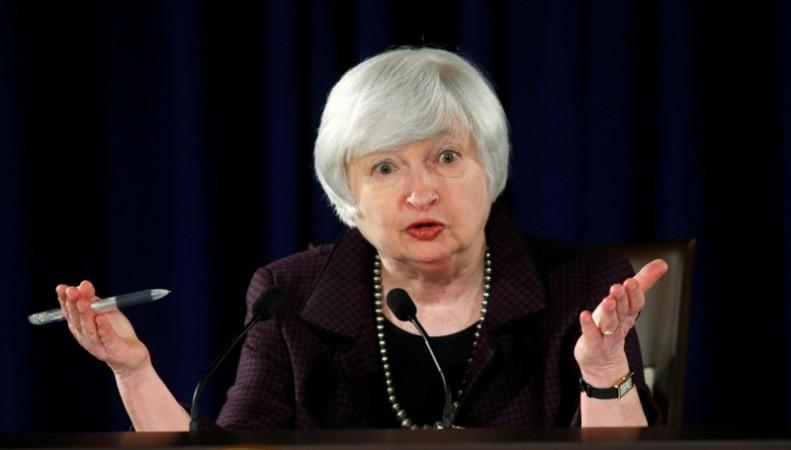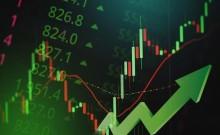
Interest rate hike by the US central bank, which has been fretting emerging markets like India, is off the table for now, but analysts expect it to happen in September.
The Federal Reserve, which concluded its two-day meeting on Wednesday, kept the policy rates unchanged, waiting to seeing a stronger gross domestic product (GDP) growth and further improvement in country's labour market before hiking rates.
However, the bank signalled that a rate hike would happen this year.
"The main takeaway from Wednesday's FOMC meeting is that the hurdle for a lift-off in rates appears to be quite low; but the pace of tightening will be very gradual," said Societe Generale in a note.
Surprisingly, the Fed has downgraded its 2015 US growth estimate significantly to 1.8-2.0% from 2.3-2.7% forecast at March meeting.
An interest rate hike by the Fed could lead to heavy capital outflows from emerging countries like India, resulting in a sharp depreciation of currencies of those nations. Depreciation of currencies would lead to a jump in inflation and lower growth.
Depreciation in Indian rupee as a result of Fed rate hike would make the country's crude oil imports costlier, pushing up the consumer prices sharply.
The US central bank has been maintaining interest rates at near zero since the financial crisis of 2008. The world's largest economy posted a robust growth of 2.4% last year.
However, the economy lost momentum in the first quarter this year, reducing the chances of a June rate hike.
"We still think the Fed could pull the trigger in September if growth picks up over the summer, which seems likely," said Standard Chartered in a note.
Following the Fed's decision, domestic stock markets rose sharply on Thursday, with benchmark BSE Sensex gaining 265 points or 1% to trade at 27,098.60.
Prices of gold also continued to rise on the back of weakening dollar.








